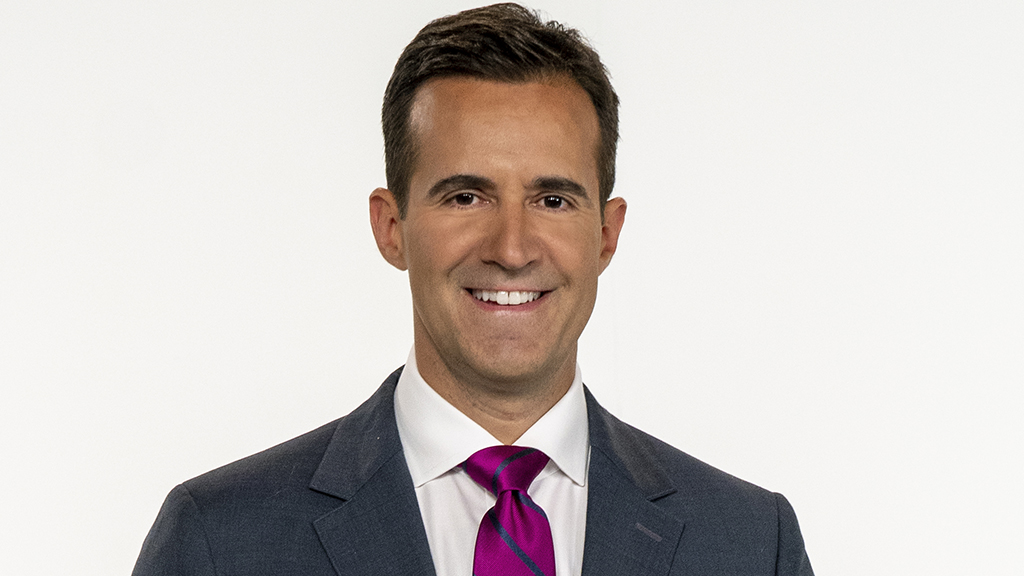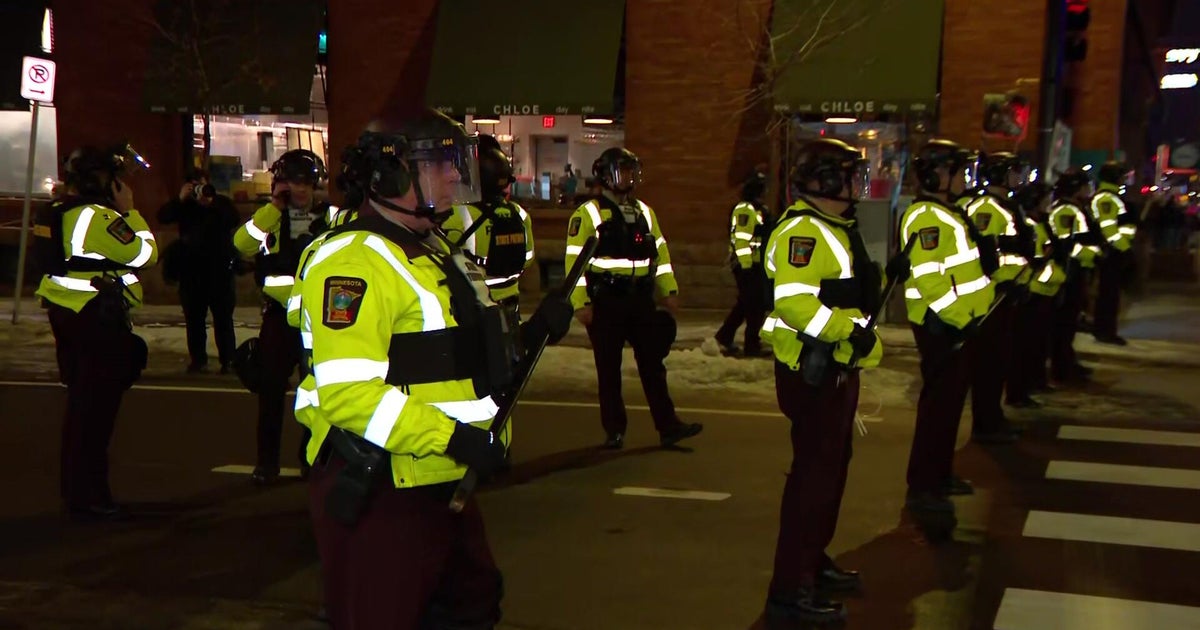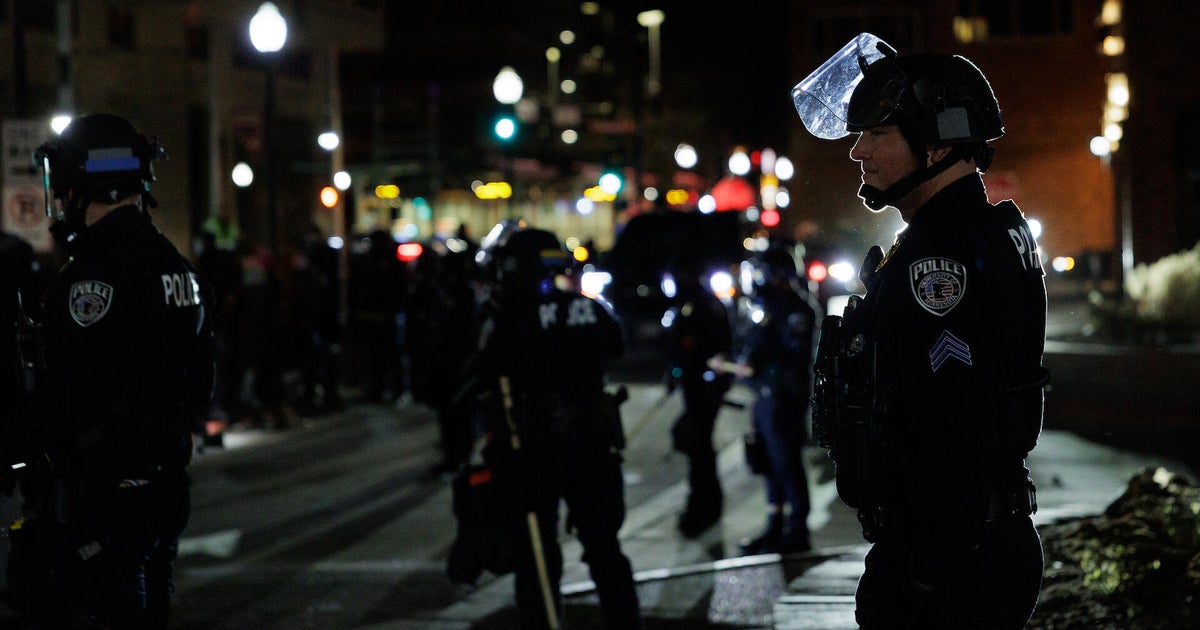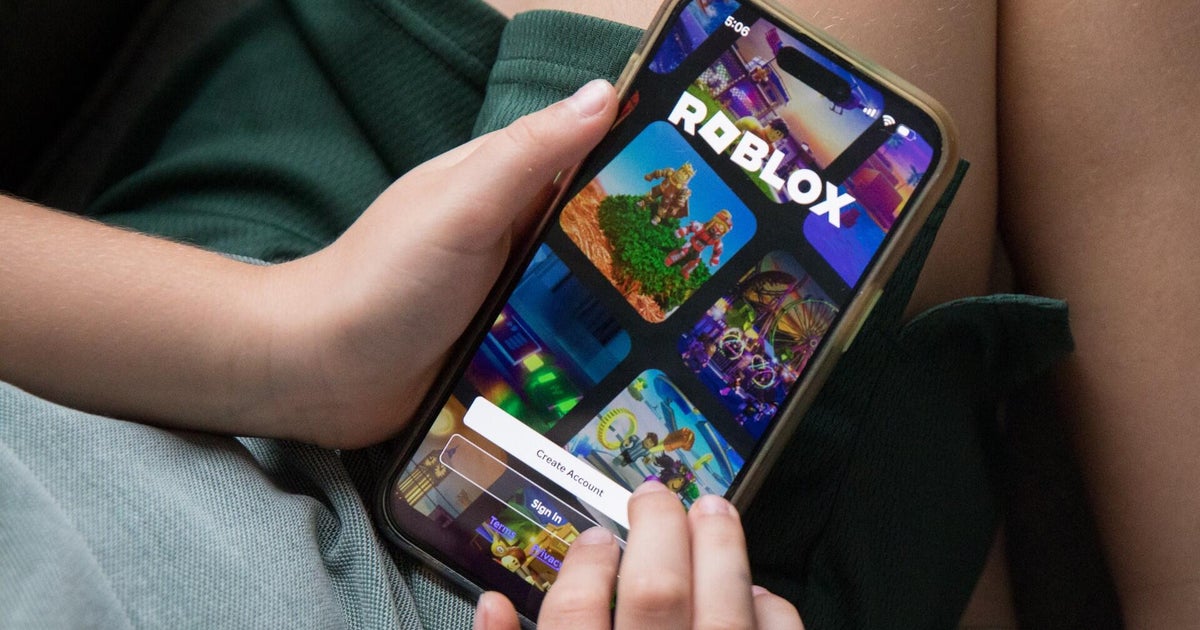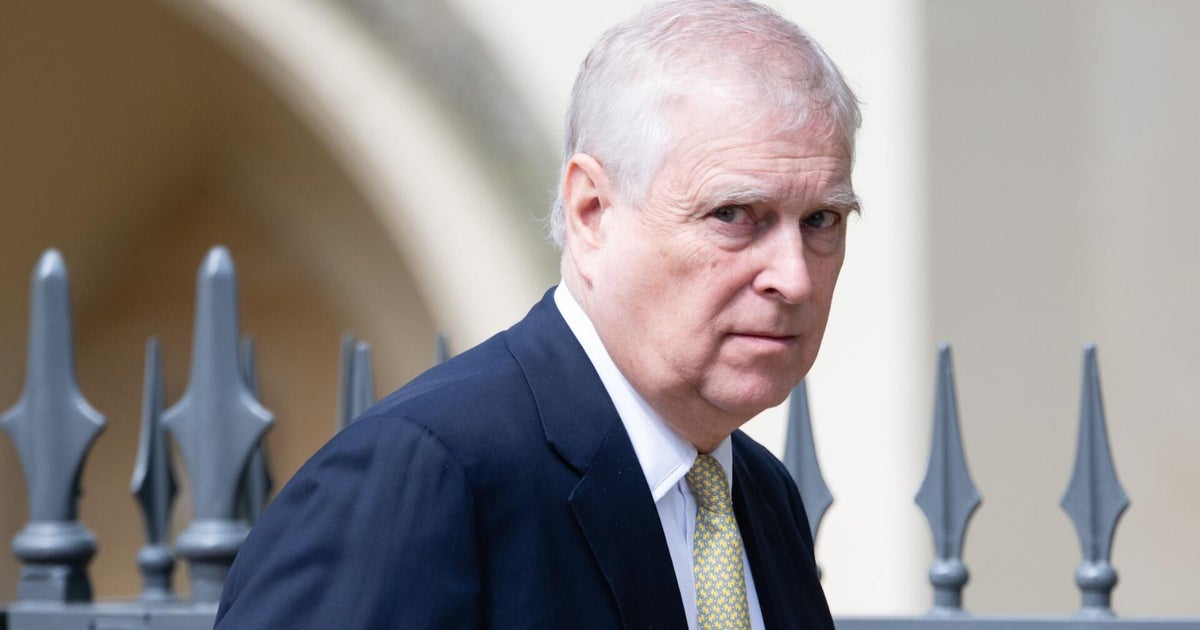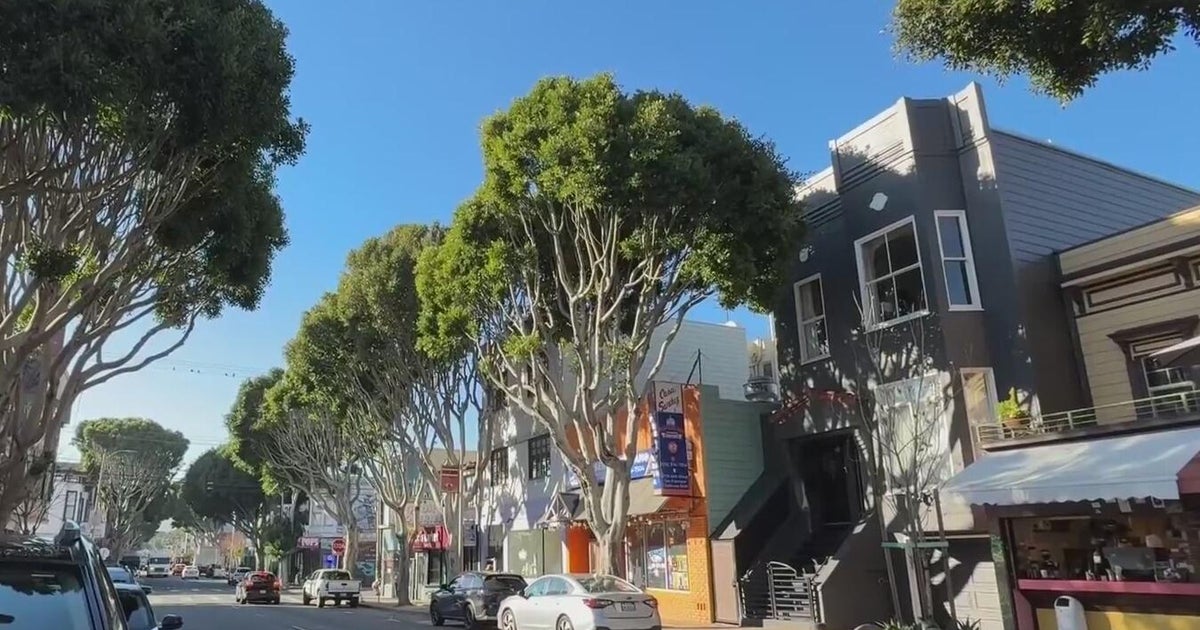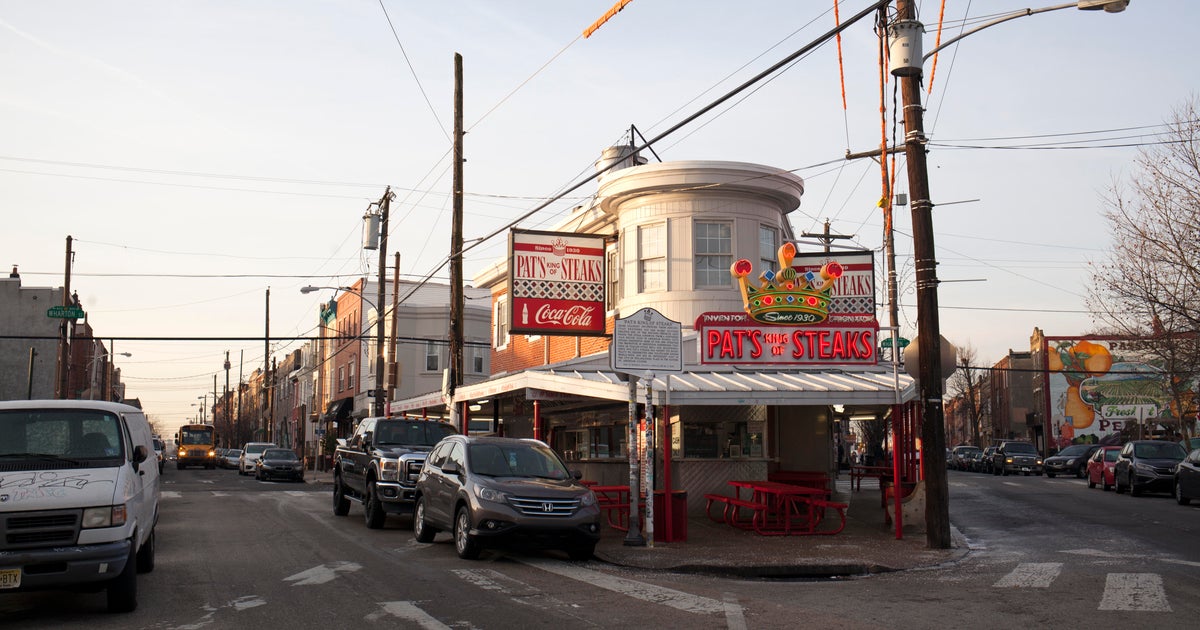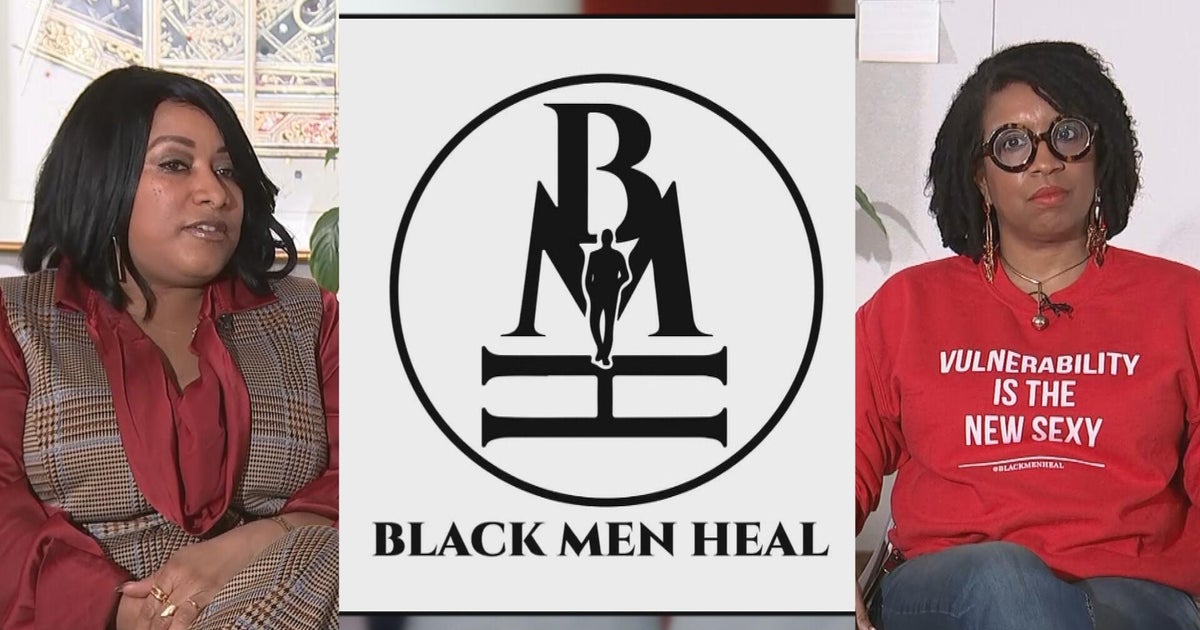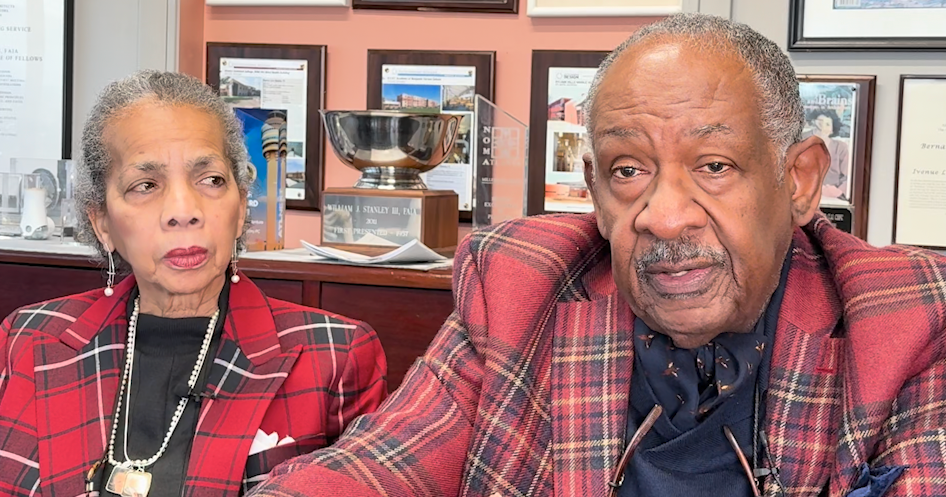Is Boston's liquor license process broken and are Black business owners affected the most?
BOSTON - About 30 percent of new restaurants fail in their first year. It's even harder to survive without a liquor license. But in Boston, you can't get one unless you have a lot of money.
Is the process broken and are Black business owners affected the most?
Bob Marley towers over Sonia Satchell's restaurant, Irie, but she isn't so sure "that everything is going to be alright."
"Irie means everything good. Everything positive. So, we want to keep it that way," Sonia told WBZ-TV.
Sonia and her sister have been restaurant owners for 24 years. Six months ago, they moved their Caribbean style restaurant to Dorchester.
She loves the new space, but it's missing something. A liquor license. Sonia, like so many restaurant owners, has applied and gotten nowhere, told there are no licenses available. Boston has reached its limit. It's capped out.
"Aggravating. I would describe the process as being really, really aggravating," Sonia said.
She knows finding a Black restauranteur with a liquor license is incredibly rare.
The numbers back her up. There are about 1,100 liquor licenses in Boston. About two-percent are held by Black-owned businesses.
"In Mattapan where I live, there is no sit-down restaurant where you can go and grab a drink," said Boston City Councilor Ruthzee Louijeune. "Not one. It does not exist."
Louijeune and other city leaders want to secure more licenses for neighborhoods like Mattapan, Roxbury and Hyde Park. And it's not like the city is flooded with licenses. In fact, one study found there were more after Prohibition than there are now.
"I love coming downtown for a drink, but I'd also like to stay in my neighborhood," Louijeune said.
If there are enough leaders in City Hall who think this cap on licenses is a problem, why don't they just fix it? Well, these decisions are actually made at the State House. It is lawmakers that need to make these changes, and let's just say things don't always move quickly under the golden dome.
"It's just a very long, drawn out process," said Republican State Rep. Paul Frost of Auburn. He says the entire process is a mess. Cities and towns get a capped amount of licenses. When those are gone, they have to propose a Home Rule Petition to get a few more.
The request goes to the legislature, then to a committee or two, then to the Alcohol Beverage Control Commission, then a vote in the House and Senate, before it goes to the governor, who usually goes back and asks the ABCC.
It can take a year. Representative Frost thinks communities should just decide for themselves what the cap should be.
"We have plenty of other things that we can be doing than getting bogged down with these sorts of requests that can be handled in a more efficient manner," Frost said.
The most efficient and most expensive way to get a license is to buy one from a restaurant that's getting out. One was recently posted online for $450,000.
Joandry Vasquez can't afford that. He owns El Barrio, a small Mexican restaurant with two locations. His spot in Dorchester can sell beer and margaritas, but he can't get a license for his spot in Roxbury.
Vasquez can only laugh at the application process. "I'm doing great. But they don't have any more," he said. Which is tough on business. "We are dead. After let's say 6 p.m. this place is dead," he said.
Vasquez said there should be no caps on licenses. Let everyone compete. But if you paid to get one you wouldn't like that.
"So many of my friends actually are restaurant owners, either in the North End, or East Boston and Hyde Park and they fought really hard and got the financing and they have this asset that is now worth a half million dollars, and so we are very sensitive to not devaluing that, but want to increase the pie for everyone at the same time," Louijeune said
She thinks the answer is to gradually get a couple hundred neighborhood specific licenses that are non-transferable. Your business closes, the license goes back to the city.
"It can't be just one neighborhood that we are setting up for success," Louijeune said. "It really has to be all of our neighborhoods."
As for liquor licenses being sold on the open market, we asked the ABCC for the most recent sale prices. Most sold for more than $500,000 and one on Boylston Street recently sold for $600,000.
If you have a question you'd like us to look into, please email questioneverything@cbsboston.com.
